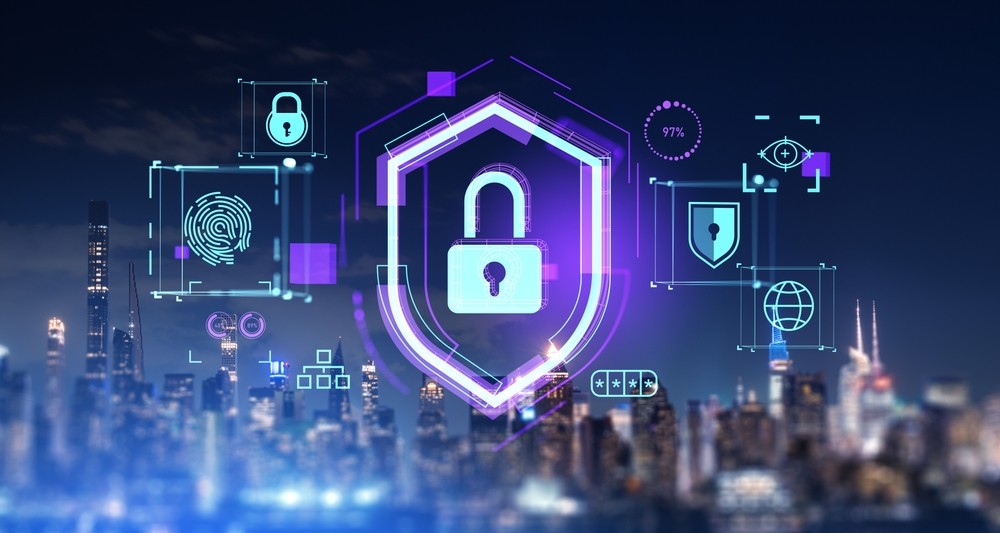Delinea has published its annual “State of Ransomware” report which shows that ransomware attacks are increasing again and reveals a change in strategy among cybercriminals. The familiar tactics of crippling a company and holding it hostage have been replaced by new strategies that use stealth to exfiltrate private and sensitive data. Cybercriminals then frequently threaten to sell it to the highest bidder on the darknet or leverage it to reap a handsome cyber insurance payment.
Titled, “State of Ransomware 2024: Anticipating the Battle and Strengthening Your Defenses,” the report analyzed data from a Censuswide survey of over 300 US IT and Security decision-makers to identify significant changes compared to data from the previous year’s report and uncover new possible trends. First and foremost, ransomware is back on the rise. Although not back at the levels of 2021, the number of organizations claiming to have been a victim of ransomware in the past 12 months more than doubled since last year, from 25% to 53%. Mid-sized companies appeared to be in cybercriminals’ crosshairs the most, with 65% stating they’ve been a ransomware victim over the past 12 months. Organizations are also paying ransoms more frequently, up to 76% from 68% the prior year.
More striking, however, are the emerging trends in motivations, strategies, and tactics that the survey revealed. Data exfiltration registered a surge of 39% (reported by 64% of respondents, up from 46%) and became a preferred goal for the attackers, who are now gaining control of a company’s network to download sensitive data to sell on the darknet. This trend is also evidenced by the significant downturn of traditional money grabs as the main motivation (34%, down from 69% the year before).
“Ransomware certainly appears to have reached a critical sea change – it's no longer just about the quick and easy payout,” said Rick Hanson, President at Delinea. “Even as organizations are investing more in safety nets like cyber insurance which often have ransomware payouts included in coverage policies, cybercriminals are finding that using stealth tactics to stay under the radar and access sensitive, valuable information to sell is the better investment of their effort.”
As their main goals changed, cyber criminals modified their tactics and moved away from using email as a preferred attack vector (down from 52% to 37%), targeting cloud (44%) and compromised applications (39%) instead. By taking a more covert approach, attackers can remain undetected longer and gain continuous access to systems and data, enabling them to ramp up the damage when they choose.
Contrasting trends emerged around the measures organizations have in place against ransomware. While 91% indicated they have specific budget allocations for ransomware, up from 68% in 2022, only 61% (down from 76%) said security budgets were allocated following an attack, which could be due to economic uncertainty or tighter budgets. Despite feeling they could bolster defenses by spending more on critical areas like Privileged Access Management (28%, up from 16%), respondents seemed to lack clarity on how increased spending would help improve security. On a positive note, executives and boards are now listening as 76% reported that their leadership is concerned about ransomware, but perhaps only after an attack.
“The changing strategies and tactics in ransomware attacks require a layered approach to security that mitigates the risk of unauthorized access, even when credentials are compromised,” said Joseph Carson, Advisory CISO and Chief Security Scientist at Delinea. “It also shows the critical role privileged access plays in overall cybersecurity postures.”




